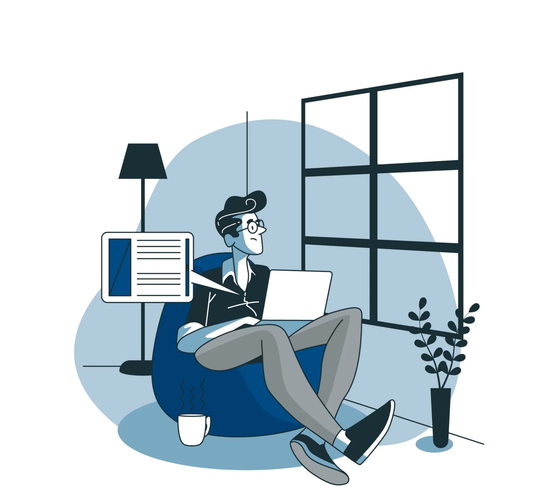DIGITAL INCLUSION
Internet Access is a Fundamental Right. Especially, Amidst a Pandemic.
In his discussions with French journalist Rezis Debre, Salvador Allende points out that happiness is a human right. Lack of food, education, health care and fair working conditions are obstacles to achieving happiness. Therefore, all of the above are -like happiness- human rights. Recognized for years by international organizations such as the United Nations and Amnesty International , it is also the right to internet access. In January this year, the Indian Supreme Court declared it a fundamental right. The current pandemic and the economic crisis it has brought along, strengthens the view that in the digital age, free internet access should be indispensable to all members of an organized society.
If the coronavirus pandemic could have any positive character, it would be the highlighting of the inequalities that characterize Western capitalist societies. At present, the only solution to the pandemic is to slow the spread of the virus through social distancing. This model of course requires the cessation of direct human interactions, which intensifies digital economic activity. So those who do not have access to the internet cannot participate in this new kind of digital economy that is flourishing. This means that not only can they not buy or sell goods, but that they cannot "sell" their work; in common, they cannot work. Respectively, millions of students around the world do not have access not only to education but also to a huge information network.
Whether internet access is a human right or whether it should simply be included in the category of media that facilitate the exercise of human rights is a philosophical debate . The important thing is that we are now not only talking about widening the gap between economic inequalities , but about a new kind of digital inequality. At the same time that Jeff Bezos is expanding his financial empire through Amazon's online sales, almost half of the world's population does not have access to this digital social and economic network. Half the planet does not have equal access to education, health (through digital information) and the labor market. Our financial model denies billions of people access to and participation at the most mainstream medium.
Information and the access thereto, then, are two sides of the same coin, and few keep the currency. The questions we will be asked to answer in the coming years, with the resources we have learned from the ongoing crises, are twofold. The first is of economic and social interest. Should all citizens have access to the internet - regardless of income - and if so, are governments supposed to take care of it? The second question is purely political. What should be the rules governing the internet and who will set them? To this question, we want to provide some answers. The goal of the institute is to ensure a fair and democratic digital society through a framework of rules and ideas, always guided by human rights. On the internet, as in society and in politics, we all must have a say.
Read More


Watch Our Episodes





